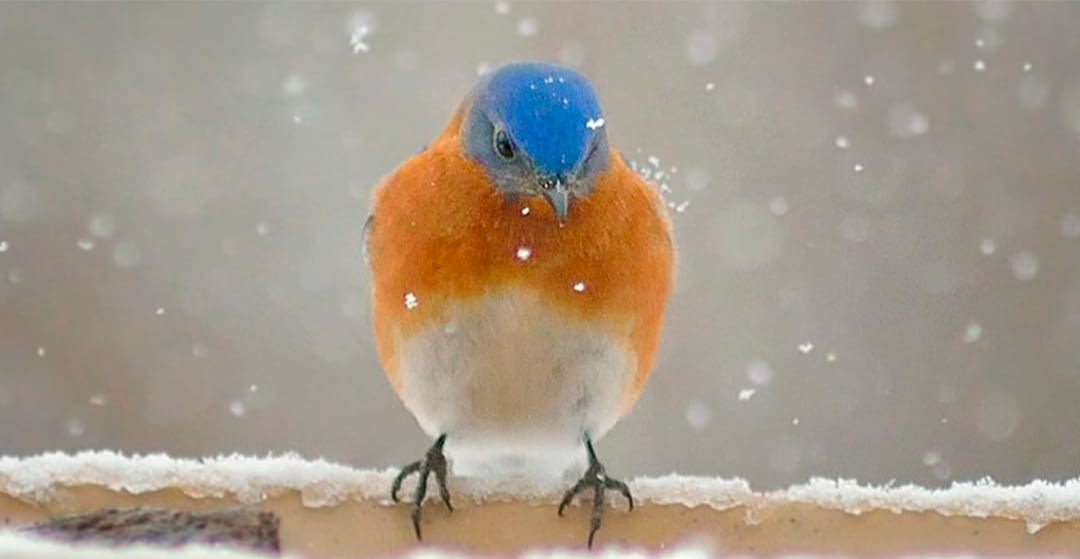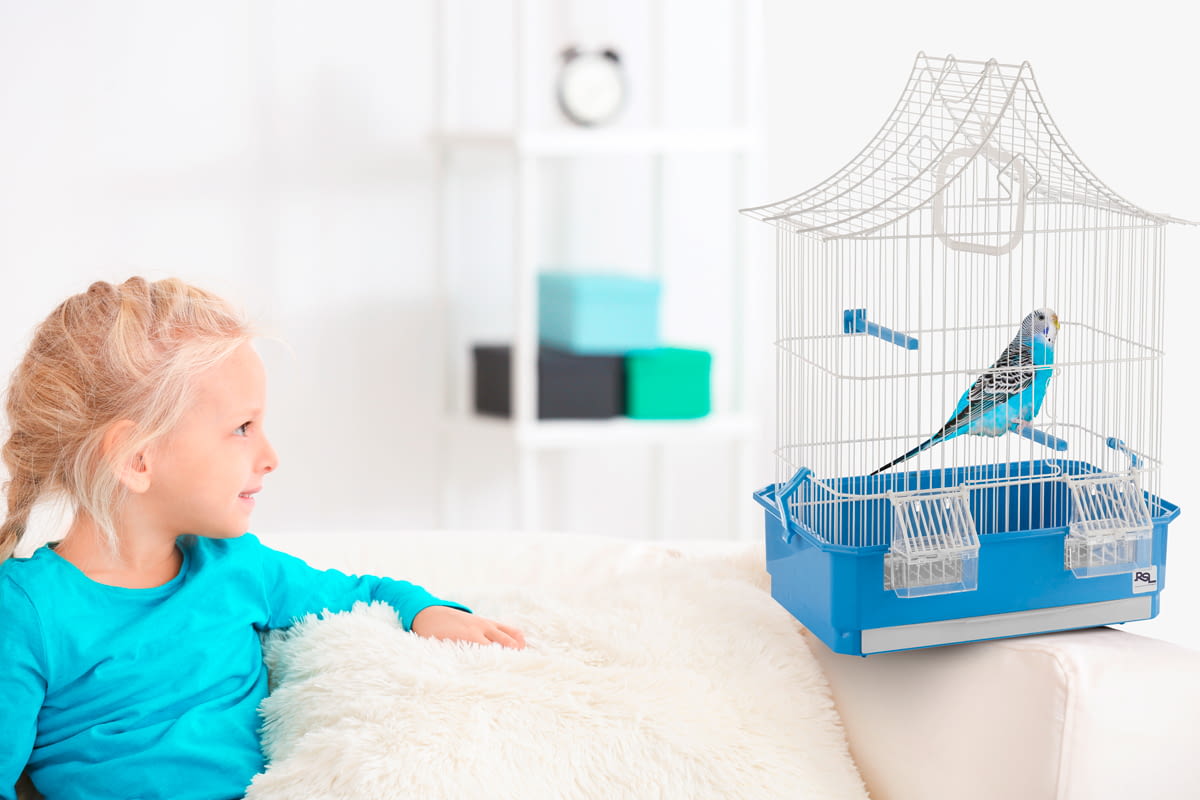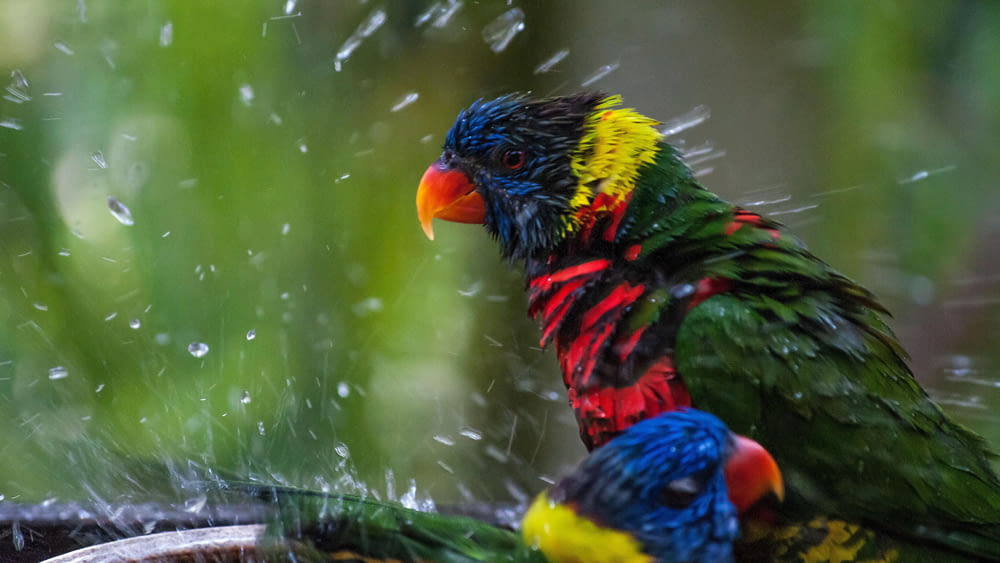
With the beginning of autumn comes the time to change the care we provide to pets.
The new season requires learning how to protect birds from the cold and taking action before it causes irreparable damage.
Birds in general are sensitive to cold, and especially exotic birds. So it is something important to keep in mind with the goal that birds enjoy health and well-being.
THESE ARE 5 IMPORTANT KEYS TO CONVEY TO YOUR CUSTOMERS.
1. Increase the oleic index of the diet
The feeding of birds has a great impact on their health and well-being, it is obvious, in addition its influence is fundamental for cold resistance.
Making changes in the diet of birds and increasing their oleic index is a good decision when it comes to protecting them from low temperatures.
Replacing your usual feed or snacks with foods with a high seed content or containing oleic sunflower oil will very positively influence your ability to adapt as a layer of fat is generated in your body that without being harmful to it protects you more from the cold.

2. Locate the cage
The cage, nest, aviary or cabin in which the birds live must be located in a place suitable for their well-being.
In the same way that in summer it is avoided to place it in full sun, in autumn and winter it should not be located in a dark area. Even less so in an area that receives the blows of the wind or is subjected to air currents.
You can also use a cloth that acts as a windbreaker, a nest of material that allows you to protect yourself, or coconut fiber or other materials to make your own nest inside the cage or aviary. There are many options that will help you create a protective habitat.
3. Take care of your plumage to increase protection
The plumage of birds is one of their natural protections against the cold. A weak or sparse plumage does not form a suitable protective barrier.
Good nutrition is essential in this regard. Bird supplements to improve the quality and strength of your plumage contribute to the greater resistance of these.
There are also some oils that, in addition to helping them generate more body fat, contribute to the good condition of their plumage.

4. Avoid getting wet
Water and cold are not a good combination for domestic birds except for drinking.
Getting wet could pose a serious problem for the animal's health and survival.
Especially if it is also subject to wind action. And even more so in low temperatures that could freeze their plumage.
To avoid these problems, birds should not be wet in winter and even so it is insufficient because it is essential to take measures to prevent them from doing so by accident.
First of all with a drinking fountain that cannot be overturned or in which they cannot be introduced.
Also preventing rain from wetting your cage. They are very easy to take and very effective measures to protect birds from the cold.
5. In extreme cases using a thermal blanket for birds
Papilleros' birds suffer most in winter when placed in a location without their parents.
In this case the use of a thermal blanket for papilleros is a good decision. This can also be suitable for other sick birds or especially prone to suffering on cold days or in very rigorous climates.



